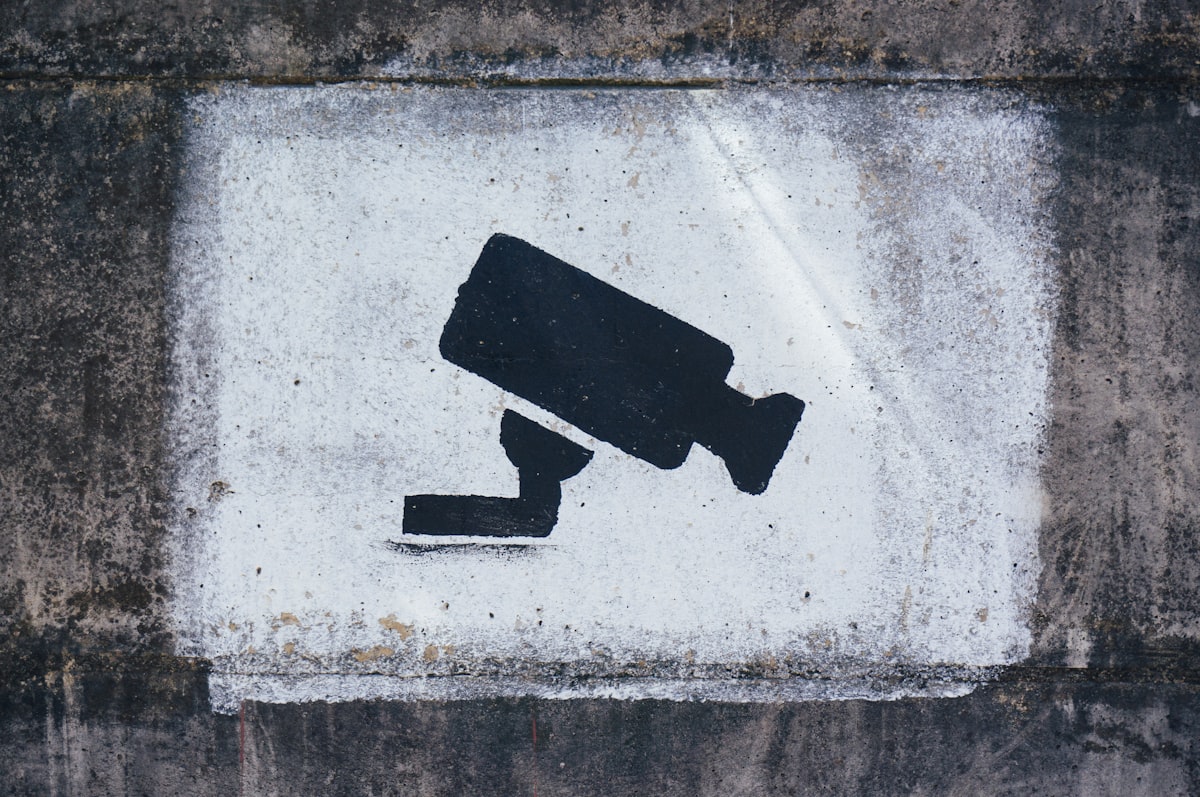Should facial recognition be treated like nuclear weapons?

Just finished reading the book 'Your Face Belongs to Us' which uses the story of the US tech company Clearview AI, to inform the reader on the evolution of facial recognition technology; starting from Aristotle's theories on the 'true face', and ending with Silicon Valley's current attempts to perfect this technology.
What really grabbed my attention was the part where the author, Kashmir Hill, speaks with digital rights activist Evan Greer of the Fight for the Future non-profit.
According to Greer:
"we should think about face recognition the way we do about nuclear or biological weapons. It's a technology that has such a profound potential to erode the very fabric of human society that any potential benefits are outweighed by the inevitable harms."
On the campaign website, Fight for the Future elaborates:
Silicon Valley lobbyists are disingenuously calling for regulation of facial recognition so they can continue to profit by rapidly spreading this surveillance dragnet. They’re trying to avoid the real debate: whether technology this dangerous should even exist. Industry-friendly and government-friendly oversight will not fix the dangers inherent in law enforcement’s discriminatory use of facial recognition: we need an all-out ban.
So should we treat facial recognition like nuclear weapons? Should we have international treaties that govern, or even ban, the use of this technology, like the 'Treaty on the Prohibition of Nuclear Weapons' does for nuclear weapons? Or should we aim for an 'IAEA for facial recognition', as some have suggested we do for AI, to put up safeguards and ensure that this technology is used for good? Can we even compare building nuclear weapons, which requires physical material, to using facial recognition?
I don't have the answers for these questions but I found the comparison put forward by Greer interesting.